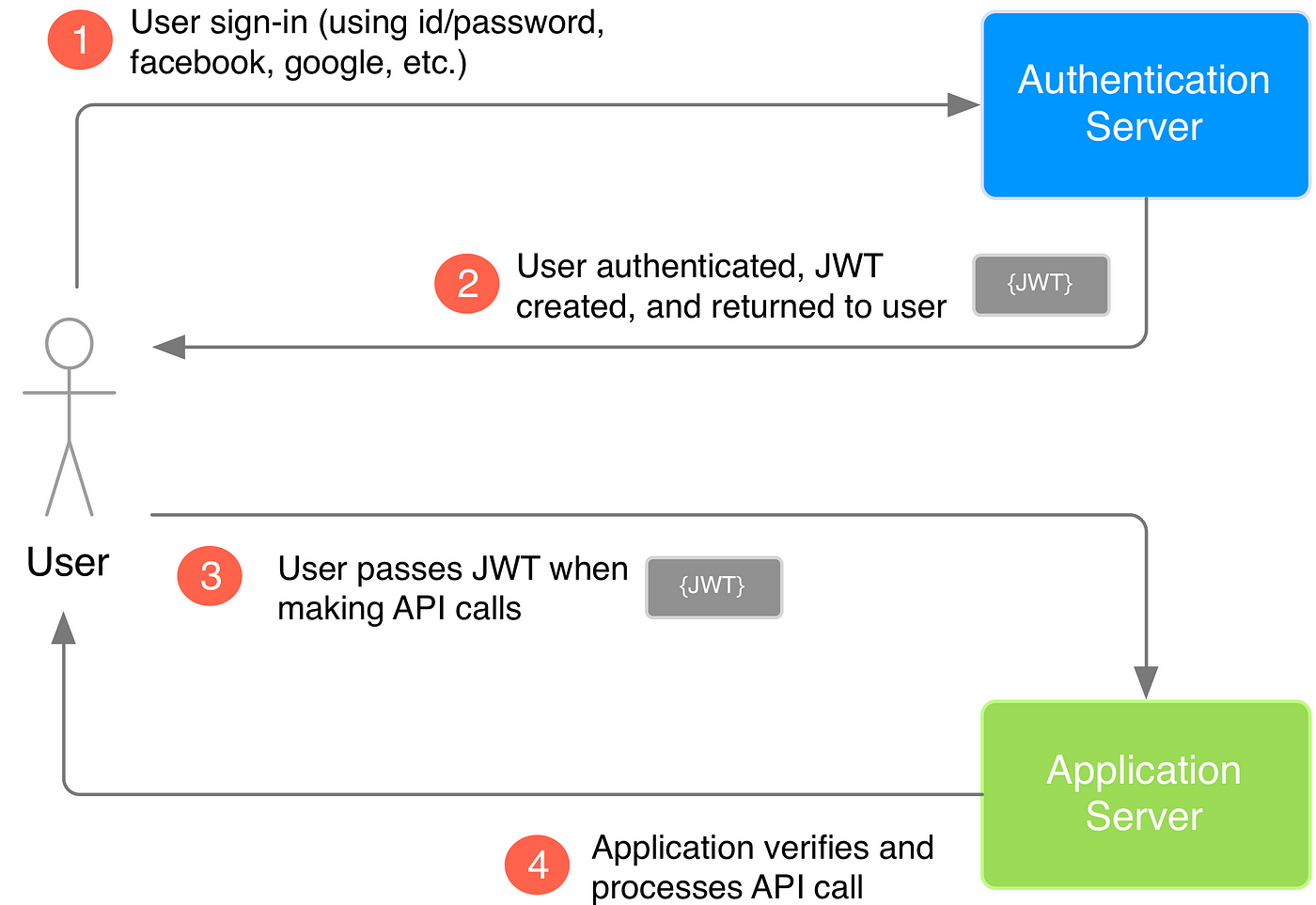[Fix #19] CSR client |
||
|---|---|---|
| client | ||
| docker | ||
| server | ||
| .dockerignore | ||
| .gitignore | ||
| .travis.yml | ||
| Dockerfile | ||
| Dockerfile.client | ||
| Dockerfile.h2-proxy | ||
| Dockerfile.nginx | ||
| LICENSE | ||
| README.md | ||
| docker-compose.yaml | ||
README.md
interview-v1
Description
1/ Develop a mini PHP REST API with json output
This api must manage 2 objects :
- User (id, name, email)
- Task (id, user_id, title, description, creation_date, status)
Create API endpoints to recover a user or task data. (e.g /user/{id})
The API must be able to manage users tasks and create the endpoints to:
- Fetch the latest tasks
- Create a task
- Delete a task
While developing this API, you must keep in mind it can evolve at any moment (new resources, new properties in objects ...).
2/ Create a frontend client to call the API
- The client must call the api using ajax
- We must be able to create/delete an user
- Manage user's tasks (read / add / delete)
(no framework)
Installation and usage
$ git clone git@github.com:Sundowndev/interview-v1.git
$ cd interview-v1/
$ docker-compose up -d
You can now browse the front app at localhost:3000 and the API at localhost:8000.
Architecture
The architecture is made of a simple client -> server communication using Docker containers.

Database
Security
To handle authentication feature, we use JWT authentication.
JSON Web Token (JWT) is an open standard (RFC 7519) that defines a compact and self-contained way for securely transmitting information between parties as a JSON object. This information can be verified and trusted because it is digitally signed. JWTs can be signed using a secret (with the HMAC algorithm) or a public/private key pair using RSA or ECDSA. Source
As soon as the user provide valid credentials, we return a JWT token that will be needed for each request the client will send to the API.
For each request, the user send the JWT token as parameter.
API endpoints
| Method / Route | Resource | Description |
|---|---|---|
POST /auth |
Authentication | Connect and get an api key |
GET /tasks |
Task | Get latest taks |
GET /tasks/{id} |
Task | Get a task by given id |
POST /tasks |
Task | Create a task |
PUT /tasks/{id} |
Task | Update a task by given id |
DELETE /tasks/{id} |
Task | Delete a task by given id |
GET /me |
Users | Get your own account data |
GET /users/{id}/tasks |
Users,Tasks | Get tasks from a given user id |
